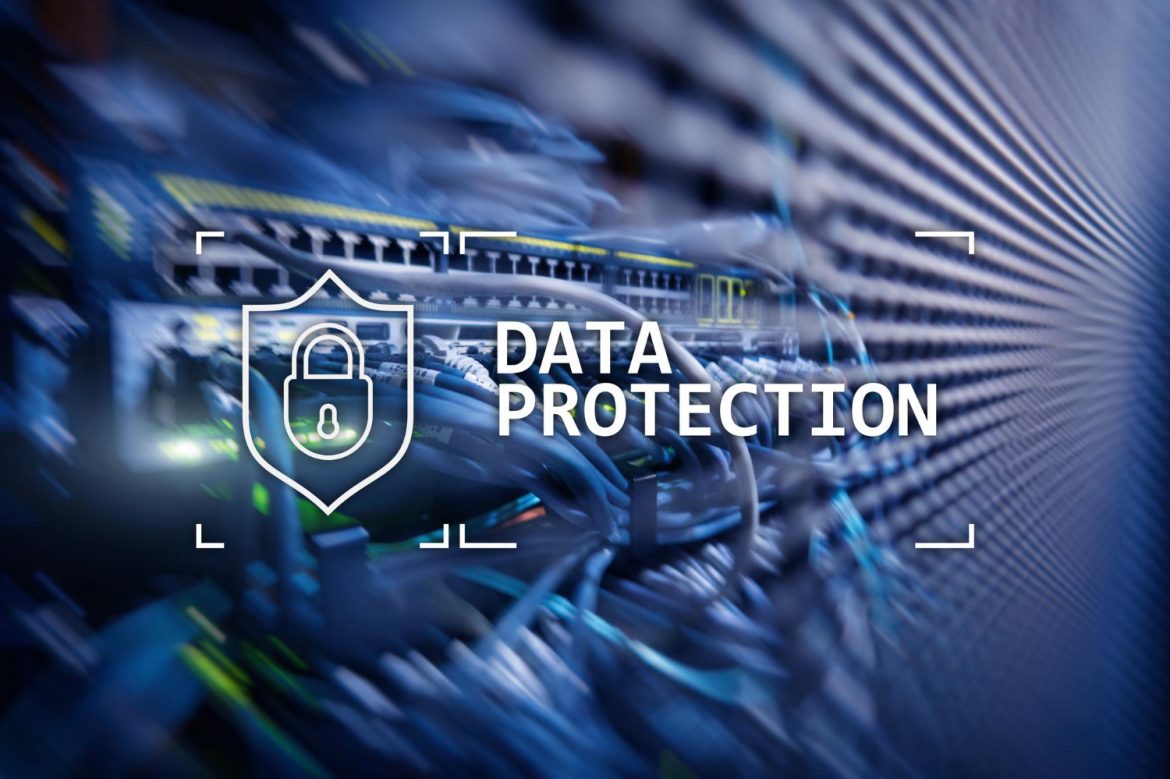In today’s digital landscape, the proliferation of technology and online platforms has brought unprecedented convenience and connectivity. However, it has also given rise to significant concerns surrounding cybersecurity and data privacy. To address these issues, governments around the world have implemented robust legal frameworks aimed at safeguarding sensitive information and protecting individuals’ privacy rights. From the General Data Protection Regulation (GDPR) in Europe to the California Consumer Privacy Act (CCPA) and the Health Insurance Portability and Accountability Act (HIPAA) in the United States, let’s explore the legal landscape of cybersecurity and data privacy and discuss how individuals and businesses can navigate these regulations to ensure compliance and protect sensitive data.
Understanding Cybersecurity and Data Privacy Laws
GDPR (General Data Protection Regulation)
Enacted by the European Union (EU) in 2018, the GDPR is one of the most comprehensive data privacy laws globally. It governs the collection, processing, and storage of personal data of EU residents and imposes strict requirements on organizations that handle such data. Key provisions of the GDPR include obtaining explicit consent for data processing, implementing data protection measures, notifying authorities of data breaches, and providing individuals with the right to access, rectify, and erase their personal data.
CCPA (California Consumer Privacy Act)
The CCPA, which came into effect in 2020, is a landmark privacy law in the United States aimed at enhancing consumer privacy rights and increasing transparency and accountability for businesses that collect personal information. The CCPA grants California residents certain rights, including the right to know what personal information is being collected, the right to opt out of the sale of their data, and the right to request deletion of their data. Covered businesses must comply with strict requirements for data transparency, disclosure, and consumer rights enforcement.
HIPAA (Health Insurance Portability and Accountability Act)
HIPAA is a federal law in the United States that sets standards for protecting sensitive health information, known as protected health information (PHI). HIPAA applies to healthcare providers, health plans, and healthcare clearinghouses, as well as their business associates that handle PHI. The law includes provisions for safeguarding PHI, ensuring the confidentiality and integrity of health information, and providing individuals with rights to access and control their health data.
Protecting Sensitive Information and Ensuring Compliance
Data Encryption and Security Measures
Implement robust cybersecurity measures to protect sensitive information from unauthorized access, data breaches, and cyber threats. This includes encrypting data both in transit and at rest, implementing multi-factor authentication, regularly updating software and security patches, and conducting security audits and assessments to identify vulnerabilities.
Privacy Policies and Consent Management
Develop comprehensive privacy policies that outline how personal data is collected, processed, and used, as well as individuals’ rights regarding their data. Obtain explicit consent from individuals before collecting or processing their personal information and provide them with clear and transparent information about data practices and rights.
Data Minimization and Retention Policies
Adopt data minimization practices to collect only the necessary personal information required for specific purposes and avoid unnecessary data collection. Implement data retention policies to define the duration for which personal data will be retained and establish procedures for securely disposing of data once it is no longer needed.
Training and Awareness
Provide regular training and awareness programs for employees to educate them about cybersecurity best practices, data privacy laws, and their roles and responsibilities in protecting sensitive information. Encourage a culture of data privacy and security awareness throughout the organization and empower employees to report suspicious activities or potential data breaches promptly.
Conclusion
In an era marked by increasing cybersecurity threats and growing concerns about data privacy, compliance with legal regulations and robust data protection measures are essential for individuals and businesses alike. By understanding the legal framework surrounding cybersecurity and data privacy, implementing proactive security measures, and fostering a culture of privacy and compliance, organizations can mitigate risks, protect sensitive information, and uphold individuals’ privacy rights. In the face of evolving threats and regulatory requirements, prioritizing cybersecurity and data privacy is not just a legal obligation but also a fundamental aspect of building trust, credibility, and integrity in the digital age.
